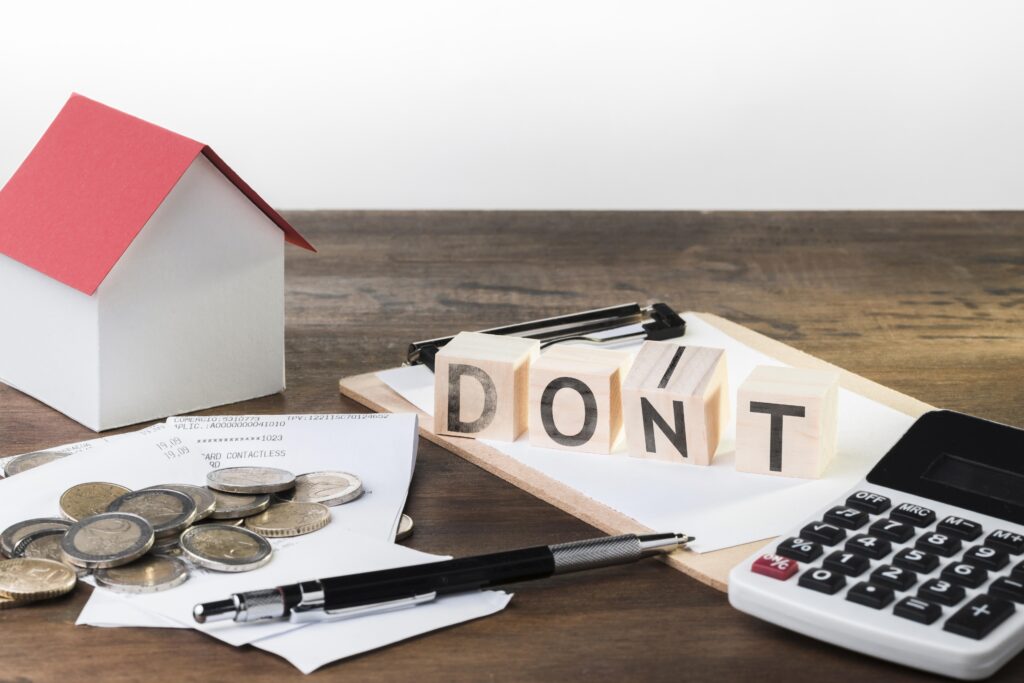Owning a rental property can be a smart way to build wealth — but when tax season comes, your profits can shrink fast. The good news? If you know the right strategies, you can legally reduce or even eliminate tax on rental income.
This guide explains how to pay no tax on rental income without breaking the rules. Whether you own one property or a portfolio, these tips can help you keep more of your hard-earned cash.
1. Understand How Rental Income is Taxed
Before we talk about how to pay no tax on rental income, it’s important to understand what the taxman considers “rental income.”
In most countries, rental income includes:
- Monthly rent from tenants
- Additional fees (e.g., parking, cleaning, pet charges)
- Payments for services (gardening, utilities if charged separately)
Your taxable rental income is calculated as:
Gross Rent – Allowable Expenses = Taxable Income
The key to reducing that taxable figure is maximizing your allowable deductions.
2. Claim All Possible Rental Property Expenses
The fastest way to cut your rental income tax bill is to deduct every legitimate expense related to your property. Common allowable expenses include:
- Mortgage interest (not principal repayments)
- Property management fees
- Repairs and maintenance
- Utilities (if you pay them)
- Landlord insurance
- Council tax or property rates
- Advertising for tenants
- Accountant fees
Tip: Keep organized receipts for every property-related cost — this is your proof in case of a tax audit.
3. Use Depreciation to Your Advantage
Depreciation is a paper expense that lets you deduct the cost of wear and tear on your property over time.
Two types of depreciation may apply:
- Building depreciation – for the structure itself
- Fixtures and fittings – for things like carpets, appliances, or furniture in furnished rentals
Depreciation doesn’t cost you a cent out of pocket, but it reduces your taxable income significantly.
4. Offset Losses Against Other Income
If your rental property makes a loss (for example, due to high mortgage interest or repair costs), you may be able to offset that loss against your other income, such as your salary.
This strategy — often called negative gearing in countries like Australia — can lower your overall income tax bill.
5. Take Advantage of the “Rent a Room” Scheme (If Available)
In the UK and some other regions, the Rent a Room Scheme allows you to earn a certain amount of rental income tax-free if you rent out a furnished room in your main home.
For example, in the UK you can currently earn up to £7,500 per year tax-free under this scheme. Always check the latest government limits.
6. Invest Through a Company or Trust
If you own multiple rental properties, holding them through a limited company or family trust may reduce your tax rate.
Benefits include:
- Potentially lower corporate tax rates
- More control over how profits are distributed
- Possible inheritance tax benefits
Note: There are costs and legal obligations involved, so speak with a tax advisor before restructuring your ownership.
7. Deduct Travel Costs for Property Management
If you travel to your rental property to carry out inspections, repairs, or meet with agents, those travel costs may be deductible.
This can include:
- Mileage if driving
- Public transport fares
- Accommodation for overnight stays
Make sure the trip is purely business-related — personal travel is not deductible.
8. Use Capital Allowances on Furnished Properties
If you rent out a furnished property, you may be able to claim capital allowances for items like:
- Furniture
- White goods (fridge, washing machine)
- Curtains and blinds
- Kitchen equipment
Replacing these items with better quality can also justify a higher rent while giving you more deductions.
9. Plan Ahead for Capital Gains Tax (CGT)
Even if you learn how to pay no tax on rental income now, you should also plan for the day you sell.
To reduce CGT:
- Use your annual tax-free allowance
- Consider selling in a tax year when your income is lower
- Transfer ownership between spouses to maximize allowances
- Keep records of all improvements (not just repairs) for cost basis adjustments
Bonus Tip: Hire a Specialist Property Tax Accountant
While DIY tax returns can work for simple situations, rental property tax law can be complex. A specialist accountant can:
- Spot deductions you may have missed
- Advise on legal tax shelters
- Ensure you stay compliant with changing laws
Their fee is often small compared to the tax savings they help you achieve — and it’s deductible too.
Final Thoughts
Learning how to pay no tax on rental income isn’t about dodging the law — it’s about knowing the rules and using them to your advantage.
By:
- Claiming all allowable expenses
- Using depreciation smartly
- Considering company or trust structures
- Leveraging tax-free schemes
- Planning for the long term
…you can legally minimize or even eliminate your rental income tax bill.
Just remember: tax laws change, and what works today may not work next year. Always get professional advice tailored to your country and personal situation.

